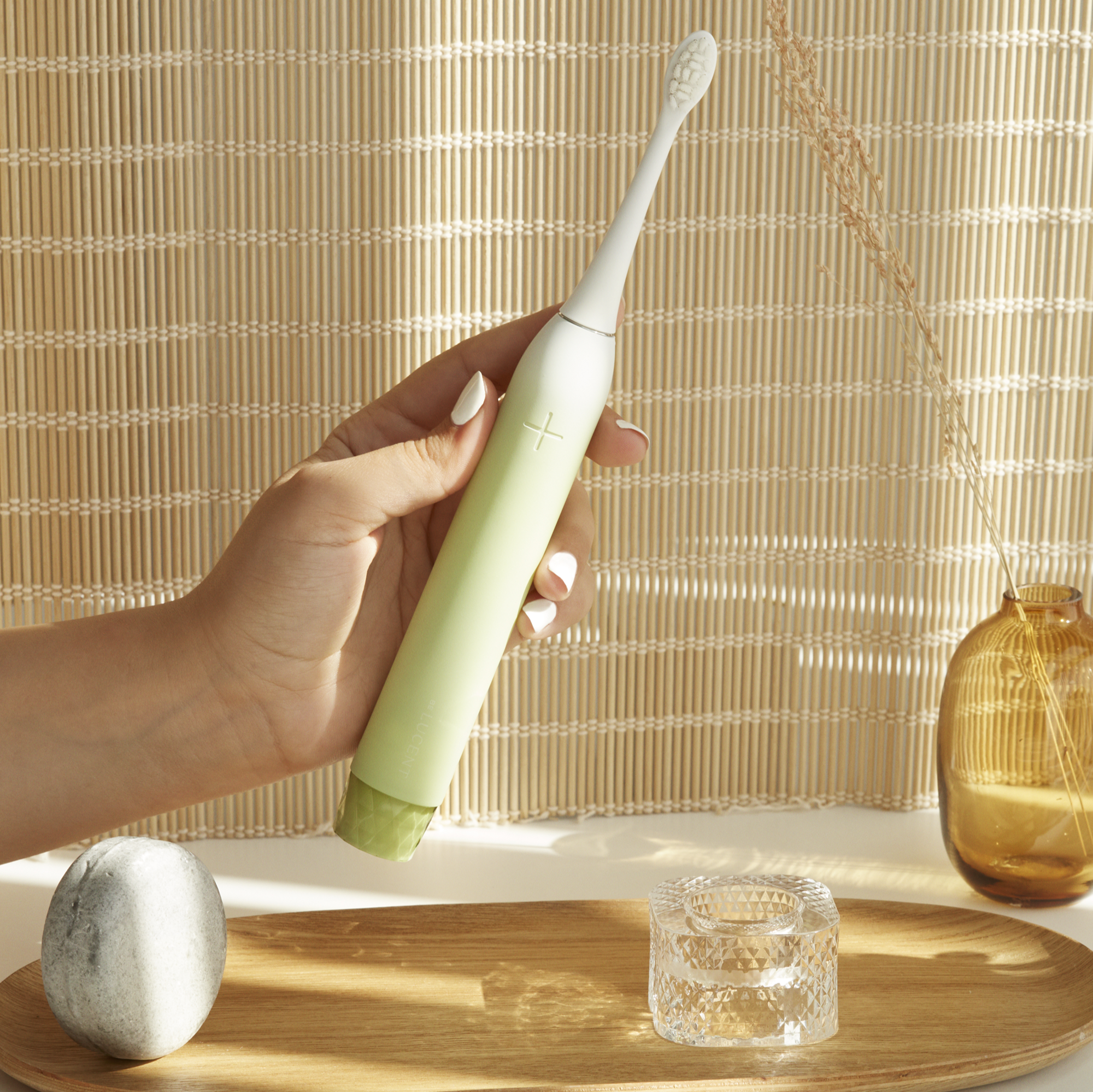The Science Behind Brushing: Why Electric Toothbrushes Outperform Manual Ones

Brushing our teeth is a universal habit, but not all toothbrushes are equal. Research shows that electric toothbrushes are more effective than manual brushing with benefits far beyond a brighter smile.
1. Evidence From Clinical Studies
Studies confirm that electric toothbrushes remove more plaque and reduce gingivitis than manual brushes. The advantages grow stronger with continued use.
2. Precision Through Technology
Manual brushing depends on technique and consistency, yet most people brush too briefly and miss key areas. Electric toothbrushes make effective cleaning easier:
- Timers ensure the right duration.
- Pressure sensors protect gums.
- High-frequency movements reach where manual bristles can’t.
3. Protecting Health Beyond the Mouth
Plaque is not just cosmetic. It drives cavities and gum disease, which in turn are linked to systemic conditions such as cardiovascular disease and diabetes. Better plaque control supports both oral and overall health.
4. Quality of Life and Confidence
Healthier gums and teeth mean less pain and inflammation, better sleep and nutrition, and greater confidence. An electric toothbrush is more than a gadget – it’s a tool for wellbeing.
Conclusion: A Smart Daily Investment
Just as we invest in good shoes for running or a supportive mattress for sleep, upgrading to an electric toothbrush is a simple habit with lasting rewards. Backed by science, it offers superior cleaning and gum protection – an essential part of your health routine.
Sources
-
Cochrane Oral Health. Powered versus manual toothbrushing for oral health. 2014. Link
-
Yaacob M, et al. Powered versus manual toothbrushing for oral health. Cochrane Database Syst Rev. 2014;6:CD002281.
-
Pitchika V, et al. Long-term impact of powered toothbrush on oral health: 11-year cohort study. J Clin Periodontol. 2020;47(11):1340-1348. PubMed



